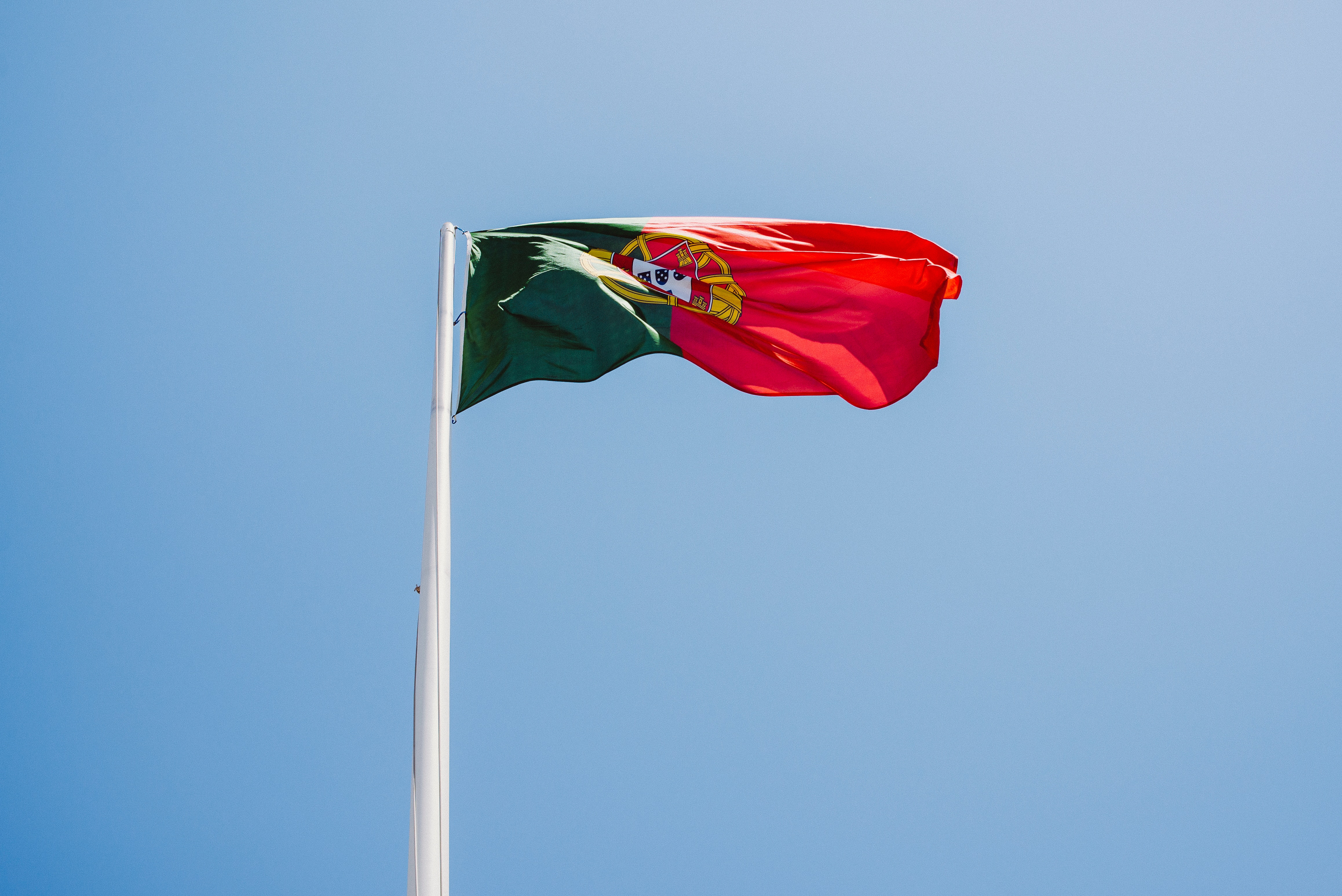December 18, 2017
When it comes to Latin America, Brazil is the giant of the region. Its prominence is the result of a combination of factors such as continental dimensions, diversified natural resources, a huge consumer market and the list goes on. In the 2000’s, the economy profited from global growth and high demand for its commodities. Such prosperity came under threat in 2008 due to the global financial crisis, although the country was able to partially contain its effects. Unfortunately, Brazil did not take this commodities boom as an opportunity to tackle important issues that have been challenging sustainable economic growth for decades. Instead, it kept the same mediocre policies. It did not push forward with the necessary fiscal and political reforms, nor did it make essential investments in infrastructure.
Furthermore, the country has been gripped since the beginning of 2015 by an endemic corruption scandal that took over international headlines and reached people at the highest levels of business and politics, including former Presidents Lula and Dilma. This spreading corruption scandal has been testing Brazil’s institutional and democratic limits. As a result, many have claimed that the country underwent its worst recession. Despite hints of a recovery underway, the quality of life is not improving for Brazilians. The jobless rate is high and violent crime is on the rise due to drug-related activities and widespread police corruption. Access to quality public services such as education and health care is still a tremendous challenge. Despite its potential and greatness, Brazil is a sleeping giant intoxicated by its socioeconomic challenges and corruption affairs.

Portugal as a safe harbour for Brazilians HNWIs
Amidst the political and economic uncertainty, a Brazilian diaspora has been spreading in the past years and one of the favourite destinations so far has been Portugal. Among the attractions are great quality of life, no language barrier, cultural proximity and low cost of living. In addition, Portugal is very much in vogue nowadays and even Madonna has been extolling the delights of living in the sunshine capital of Europe! Moreover, the government has stimulated inbound mobility by creating the Golden Visa programme and the Non-habitual resident regime that have particularly attracted Brazilian HNWIs.
Once they relocate to Portugal, Brazilian HNWIs have been assessing which is the best tool to structure their wealth usually under custody in Switzerland, Luxembourg, Panama and Caribbean countries. Frequently, the main objectives of this niche of clients revolve around investment flexibility, tax optimisation and cross-border inheritance planning. Hence, quite a lot of hype has surrounded life assurance as the most popular structure to achieve such goals.

Main advantages of foreign unit-linked life insurance to beneficiaries resident in Brazil
Life assurance is a structure fully recognised and compliant in Portugal, offering great investment flexibility and a very attractive tax regime to policyholders and beneficiaries resident in the Portuguese territory. Nonetheless, as Brazilian HNWIs usually leave family members in their home country once they relocate to Portugal, it is important to highlight the advantages that life assurance might offer from a cross-border succession angle. Frequently, this type of client needs a solution that consolidates investments and simplifies international succession procedures often connected to multiple jurisdictions, which could be quite expensive and time-consuming. Given their international status, they have to have a structure that is not only efficient and compliant for family members living in Portugal but also in Brazil.
From a legal perspective, the Brazilian Civil Code foresees that death benefits arising from a life insurance contract are not considered as part of the deceased’s estate. For this reason, Brazilian beneficiaries would be able to receive the referred proceeds shortly after the life assured’s death, without initiating an international inheritance procedure. The settlement period should not exceed one month from the date of receipt by the insurance company of all the documents necessary for payment.
From a tax perspective, such proceeds would not be subject to inheritance/gift tax as the triggering event for such is the transfer of property or right resulting from succession or donation but not life insurance indemnification. Moreover, the Brazilian Income Tax Code sets out that the stipulated capital of a life insurance policy paid to a Brazilian resident as beneficiary is exempt from income tax. The Brazilian tax authorities have already recognised that such exemption also covers life insurance policies contracted abroad, as long as the Brazilian insurance mandatory characteristics regarding the regulatory aspects are duly observed. Hence, if properly designed, proceeds paid to Brazilian beneficiaries as a result of the death of a life insured in Portugal could be exempt both from income and inheritance/gift tax.
However, we must stress that a robust structure must be designed in order to avoid a tax requalification of the policy in Brazil as a typical foreign financial investment. To qualify as life insurance, the solution must guarantee an indemnification payment for future and unpredictable events and contain a reasonable death risk coverage. OneLife has experience in helping our Brazilian HNWI clients on their relocation journey to Portugal, providing them with a strong tailor-made solution that meets their personal needs and objectives. Do not hesitate to contact us in case you need help with yours.
Article by ![]() Taiza Ferreira, Senior Wealth Planner at OneLife
Taiza Ferreira, Senior Wealth Planner at OneLife
